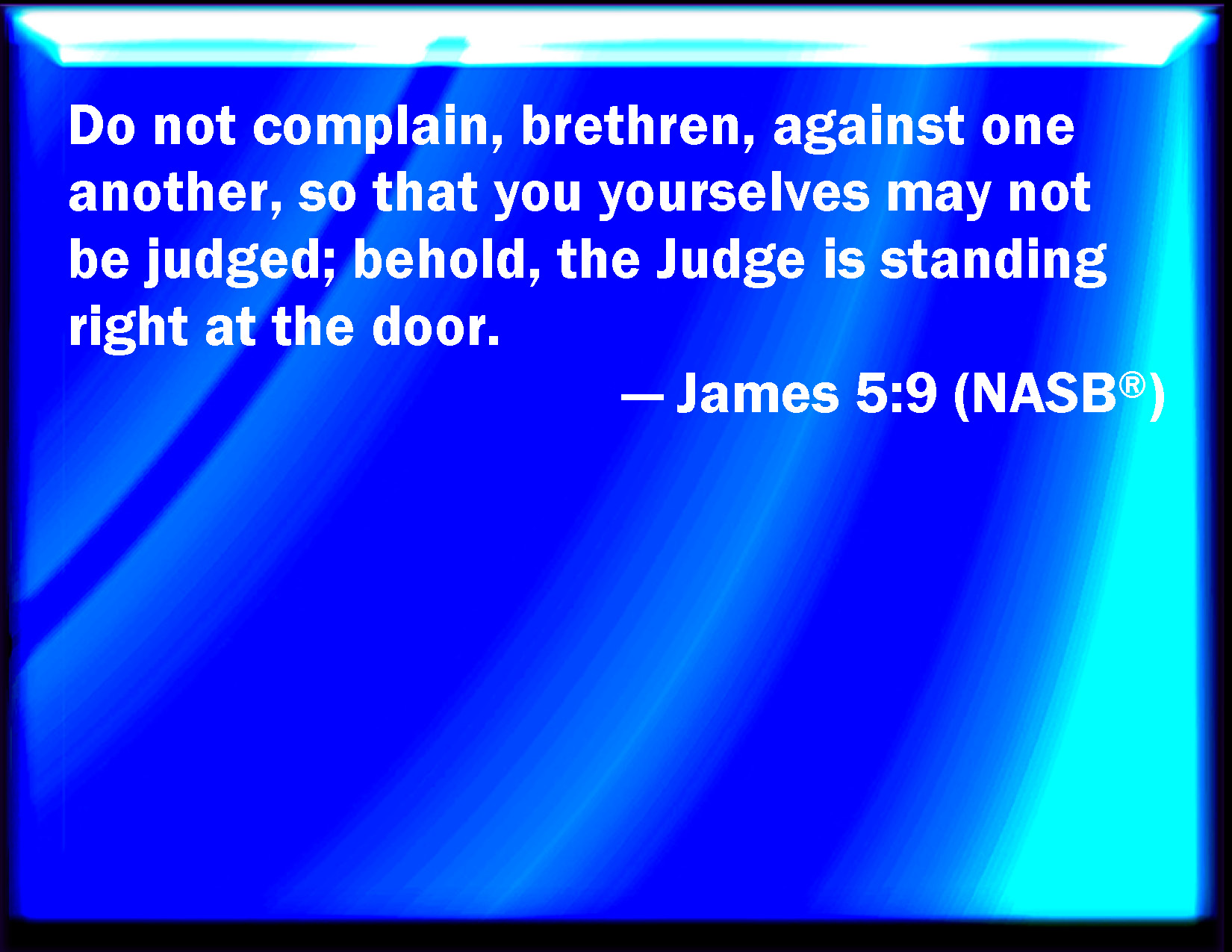


I should like to give you another example. I trust you, and know that you are going to help me make this room the best in the school.” Earl not only became a paragon of scholastic virtue but also one of the town’s most important people. It said, “Earl, I think the principal was mistaken about your being a bad boy.

She sensed the boy’s embarrassment and feared he would live up to his reputation, so she wrote a note and slipped it to him as she passed his desk. As the principal introduced her to the class, he pointed to a certain boy and said he was a troublemaker. There is a little story about Sister McKay, the wife of President David O. Let me give you one or two examples of unjust criticism and judging without the facts. How often have we heard of young men who were criticized, judged, and ridiculed because of their peculiarities and yet who eventually became leaders in their different fields of endeavor. In fact, it is so general that one would think that gossiping about and judging others was the thing to do. It seems common practice for people to talk about their friends and neighbors and to criticize their seeming peculiarities and weaknesses.


 0 kommentar(er)
0 kommentar(er)
